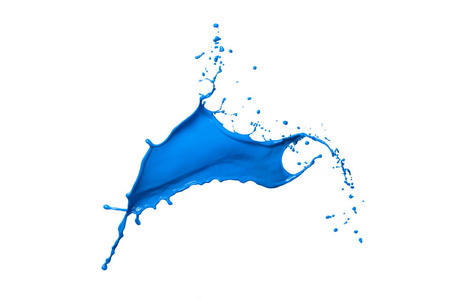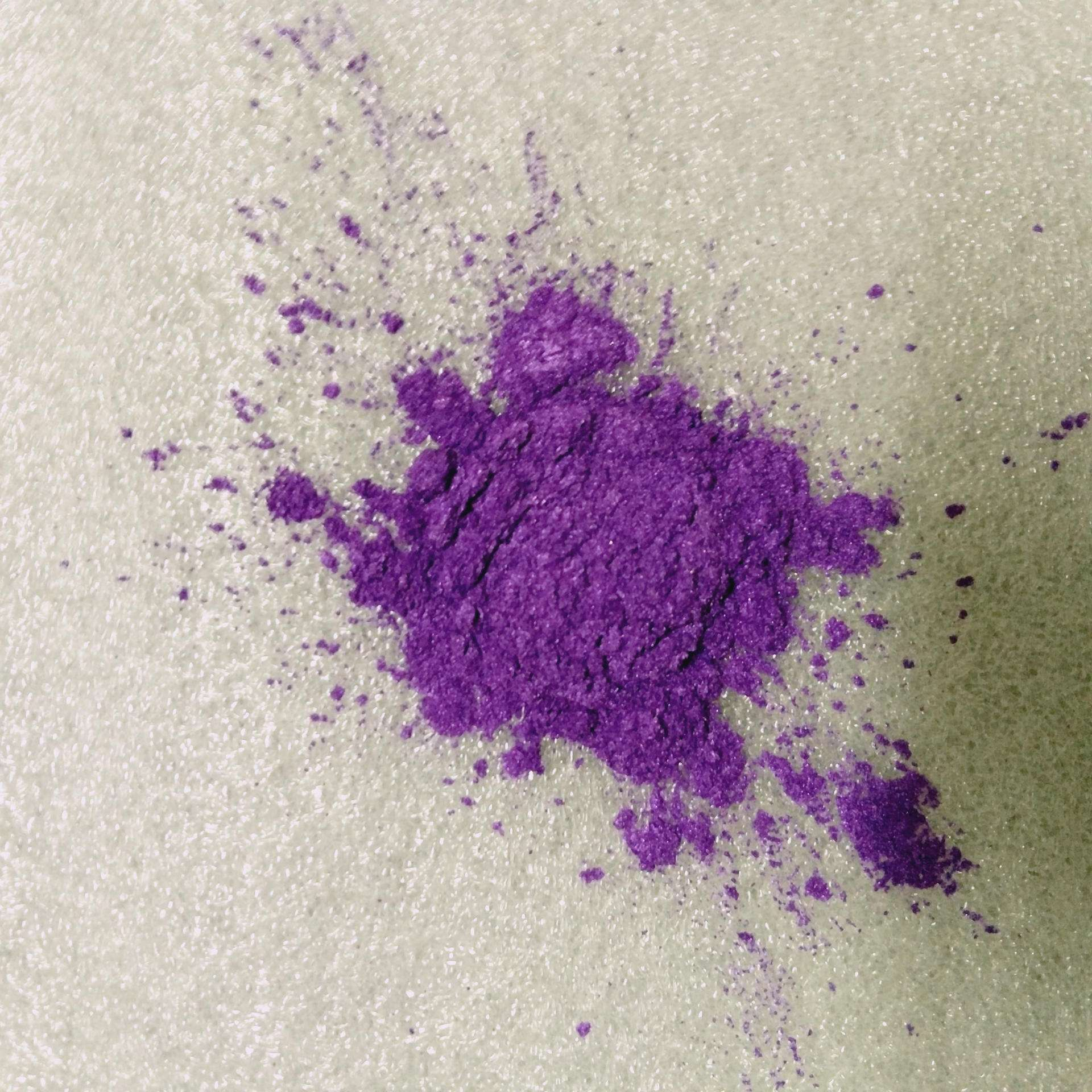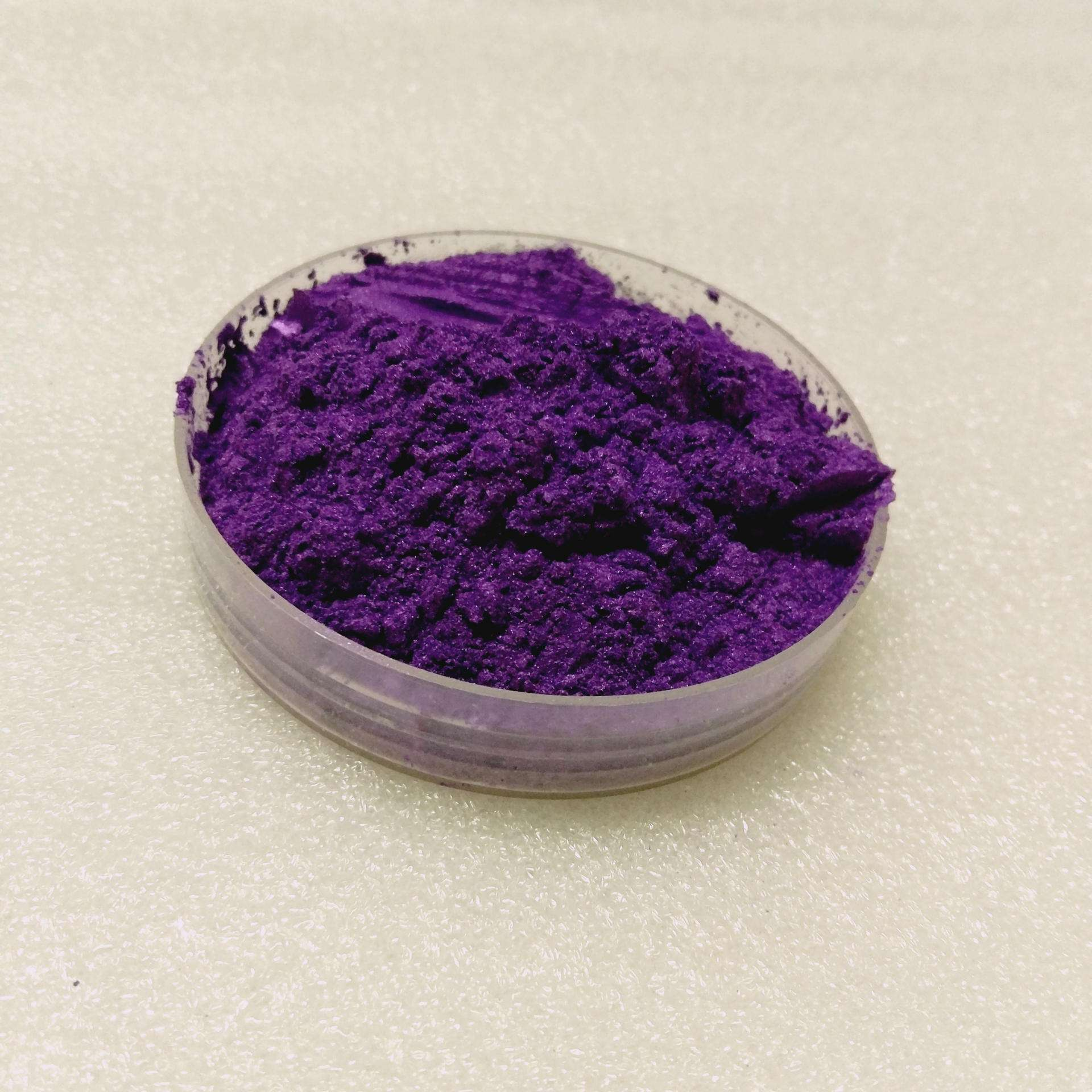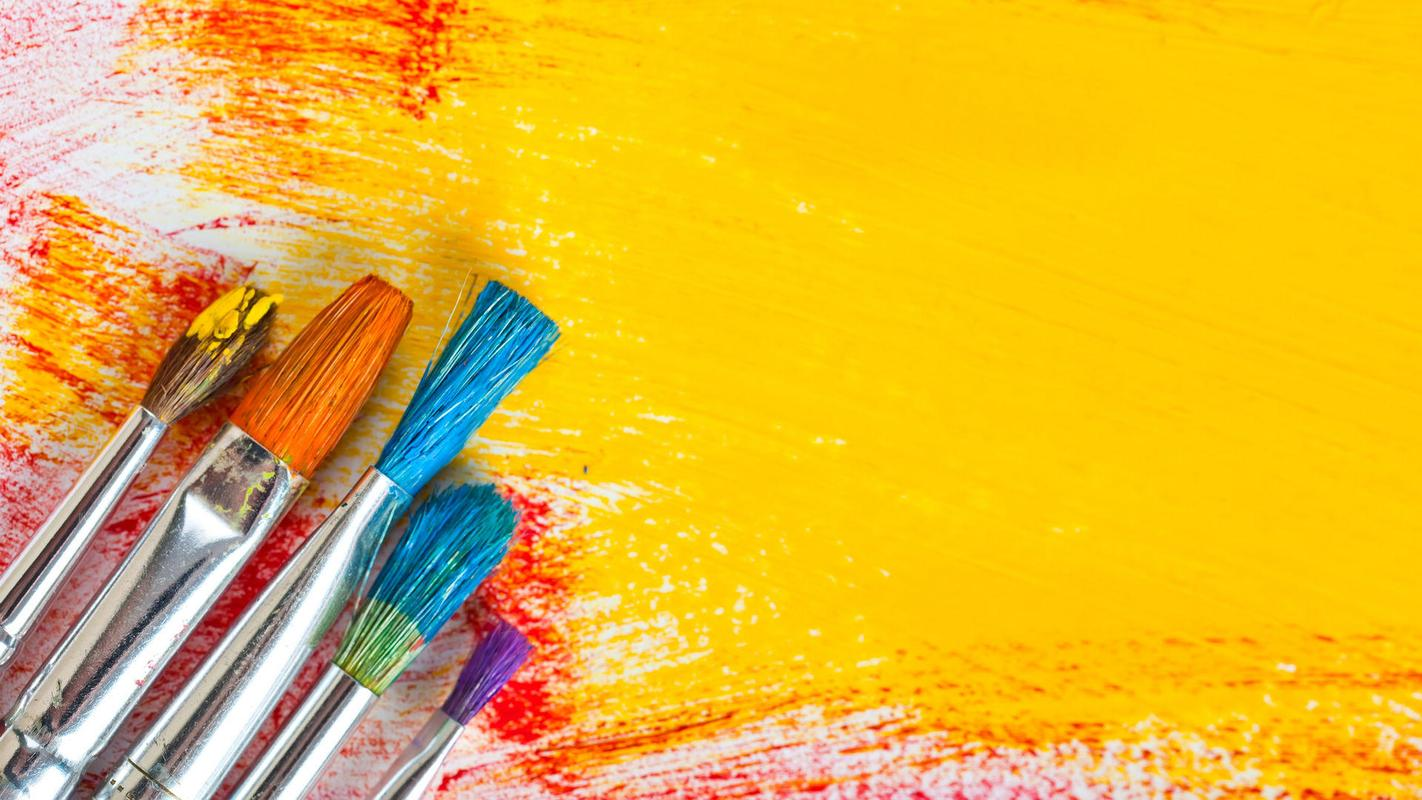G7 summit opens amid lower expectations, protests
The summit will focus on the Russia-Ukraine conflict, climate and others, while the host dampened expectations.
The ongoing Russia-Ukraine conflict, especially further sanctions against Russia, will dominate the discussions at the summit of the world's major industrialized countries, as U.S. President Joe Biden said on Sunday morning that the G7 would impose a ban on imports of Russian gold.
In the first working session on Sunday, the leaders discussed global economic issues. All G7 countries are concerned about the crises that are currently being dealt with: falling growth rates in some countries, rising inflation, shortages of raw materials and disruption to supply chains, according to the host German Federal Chancellor Olaf Scholz.
Leaders will also address the food crisis caused by the Russia-Ukraine conflict. They will try to seek ways to unblock Ukraine's grain exports across the Black Sea and make financial pledges to help countries hardest hit by the crisis.
According to the policy priorities made by the host country Germany, G7 leaders will also address issues including climate change, by establishing a "climate club" put forward by Scholz.
Besides leaders of Germany, the United States, Japan, Canada, Britain, Italy, France and the European Union, leaders from India, Indonesia, South Africa, Senegal and Argentina have been invited to take part in the summit.
The West bloc is expected to take advantage of the G7 summit to try to persuade major developing countries to join their sanctions against Russia, experts said.













